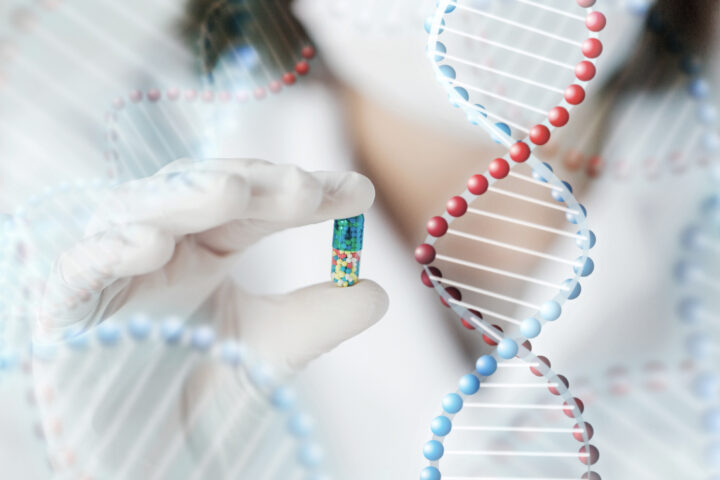The Limitations of Chronological Age
Your chronological age is just a number, but your biological age reveals much more about your true health. While your birth certificate states your age in years, your body ages at its own pace based on genetics, lifestyle, and environmental factors. This biological aging process influences your risk for various diseases and overall life expectancy.
Developing Multi-Omic “Aging Clocks”
Scientists have been searching for ways to measure biological age by developing “aging clocks”. These use biological markers, rather than just years lived, to estimate your body’s functional decline over time. Previous aging clocks utilize a single data type, like blood chemical levels, brain imaging, or DNA markers. But biological aging is too complex for one test alone.
Now researchers have created a superior aging clock called OMICmAge that combines clinical data from medical records with advanced profiling of DNA, proteins, and metabolism. This provides a more complete picture of biological age. Their large study tapped into decades of medical records and laboratory tests from over 30,000 patients at Massachusetts General Brigham hospitals.
Adding Insights from Multi-Omic Puzzle Pieces
First, they distilled the wealth of clinical data into a new metric called EMRAge to predict time until death and overall health. While previous biological ages focus on either lifespan or quality of life alone, EMRAge synthesizes both attributes. The researchers found EMRAge more accurately forecasts mortality risk compared to chronological age or prior biological ages.
But EMRAge relies solely on clinical data and lacks the biological insights from genetics. So the team developed DNAmEMRAge, a DNA methylation aging clock trained on EMRAge. DNA methylation refers to chemical changes that control gene activity and vary by age. With over 1,000 DNA sites linked to EMRAge, DNAmEMRAge strongly predicts lifespan and disease risks.
Still, DNA reveals just one piece of the aging puzzle. So the researchers generated OMICmAge, the first DNA methylation age clock to also incorporate proteins, metabolites, and medical data. This multi-omic approach provides a more comprehensive window into aging biology.
A More Accurate Assessment of Biological Age
OMICmAge was better at estimating EMRAge and predicting mortality compared to DNAmEMRAge. It also showed stronger ties to common age-related diseases like diabetes, COPD, and cardiovascular disease. While the test uses DNA, OMICmAge expands the biological search space by training the DNA clock on proteins and metabolites too.
Certain influential markers offer clues into the aging biology captured by OMICmAge. Falling levels of albumin, a key protein made by the liver, contributed significantly. Declining androsterone, a male and female sex hormone, was another factor. The researchers confirmed these biomarkers trace known alterations that occur with older age.
By uniting clinical data with multi-omic profiles, OMICmAge generates a highly accurate assessment of biological age. This could help predict an individual’s disease vulnerability and longevity. As our understanding of what accelerates or decelerates aging improves, the OMICmAge test may even guide personalized recommendations to promote healthy lifespan. Unlocking the secrets held within your blood could someday lengthen your future.
Source:
Chen Q, Dwaraka VB, Carreras-Gallo N, Mendez K, Chen Y, Begum S, Kachroo P, Prince N, Went H, Mendez T, Lin A, Turner L, Moqri M, Chu SH, Kelly RS, Weiss ST, Rattray NJW, Gladyshev VN, Karlson E, Wheelock C, Mathé EA, Dahlin A, McGeachie MJ, Smith R, Lasky-Su JA. OMICmAge: An integrative multi-omics approach to quantify biological age with electronic medical records. bioRxiv [Preprint]. 2023 Oct 24:2023.10.16.562114. doi: 10.1101/2023.10.16.562114. PMID: 37904959; PMCID: PMC10614756.












